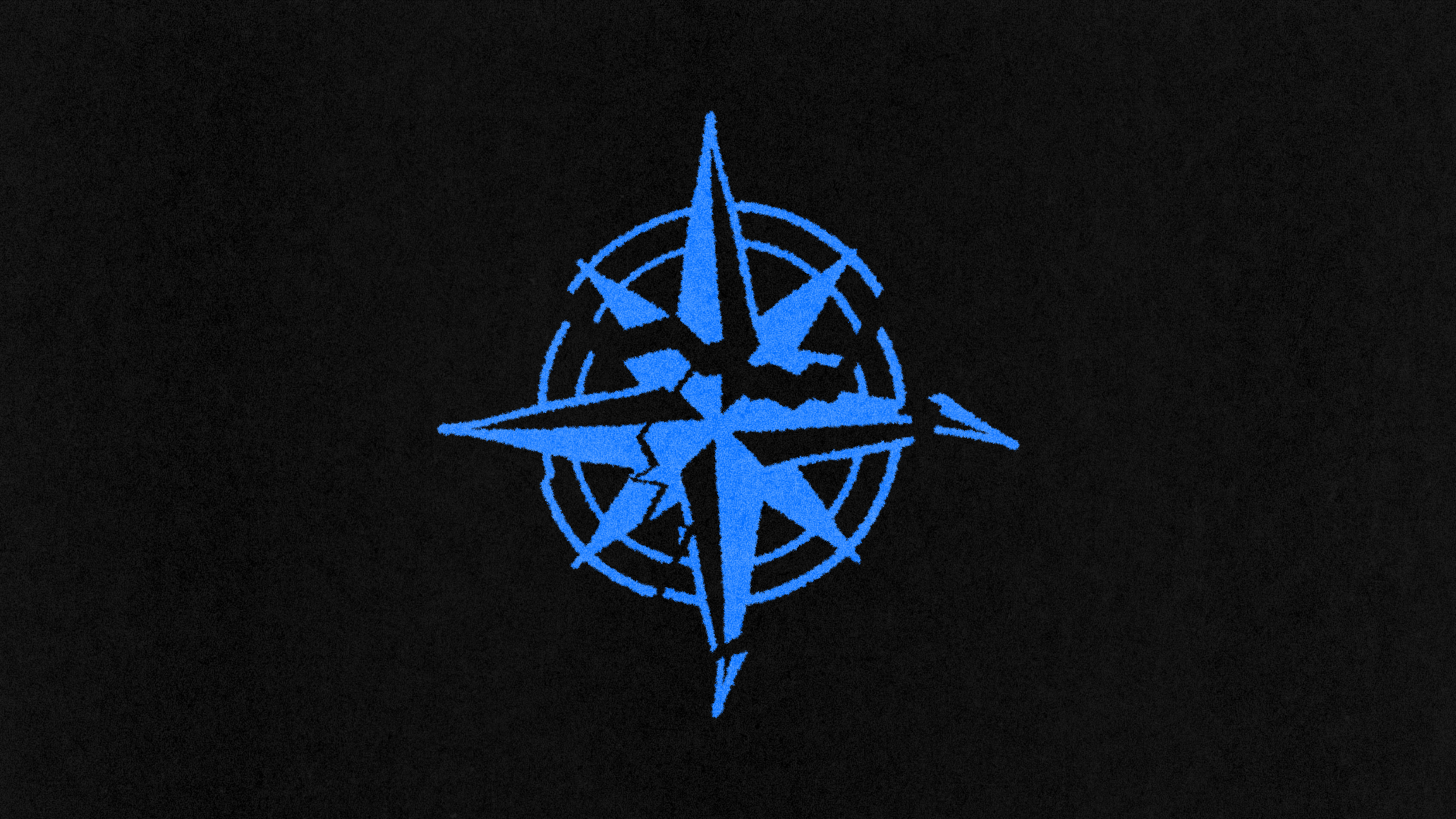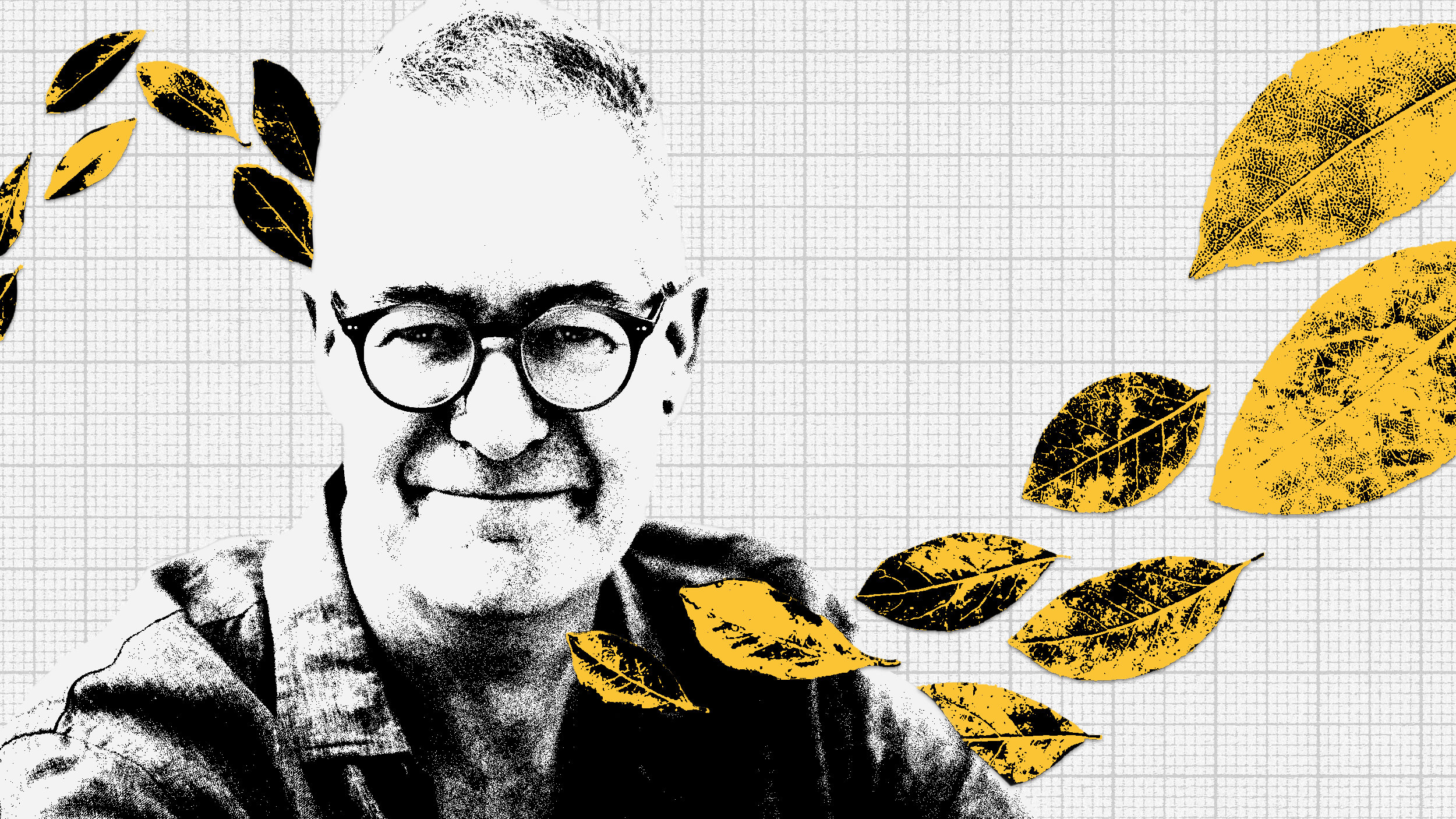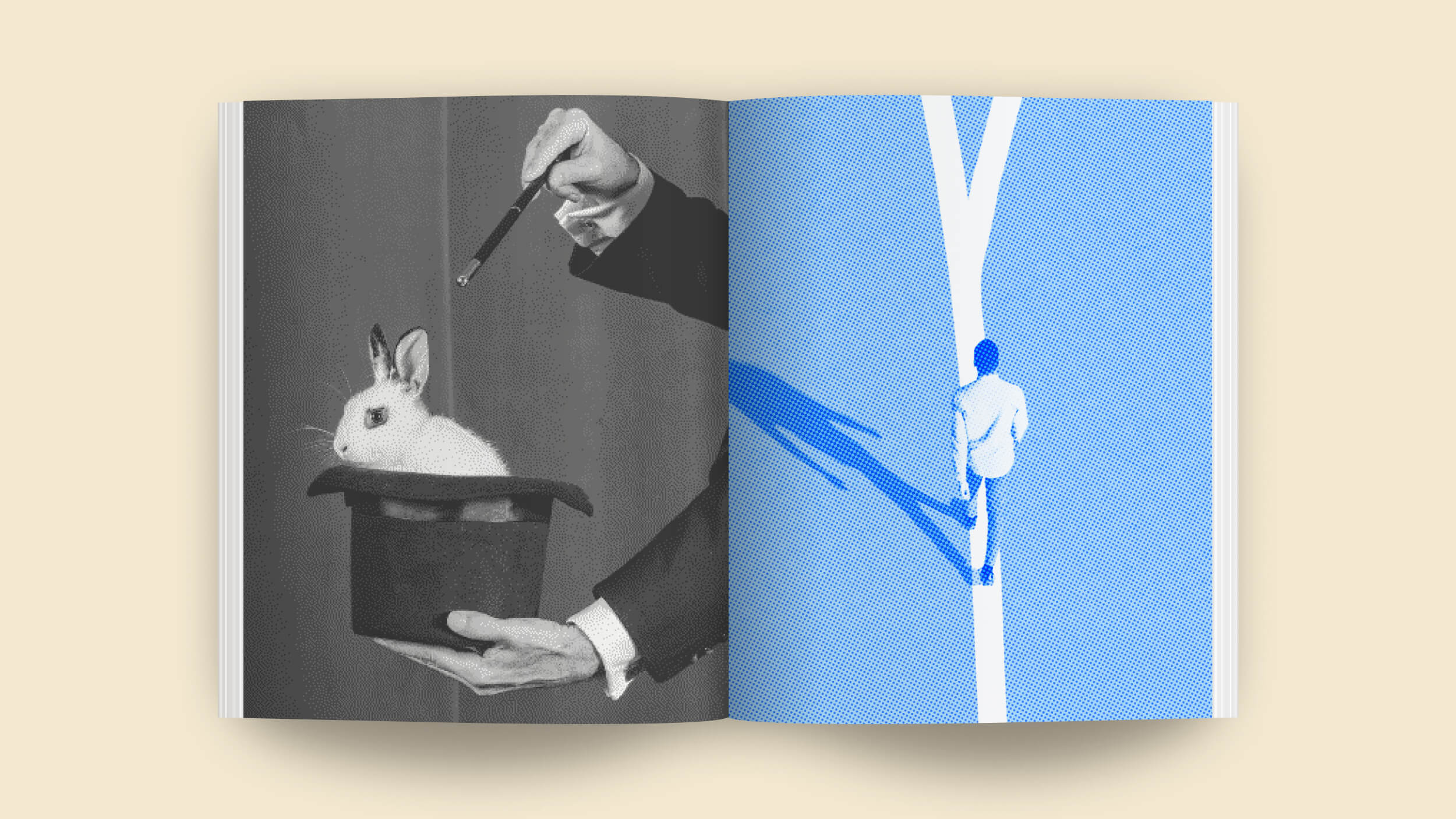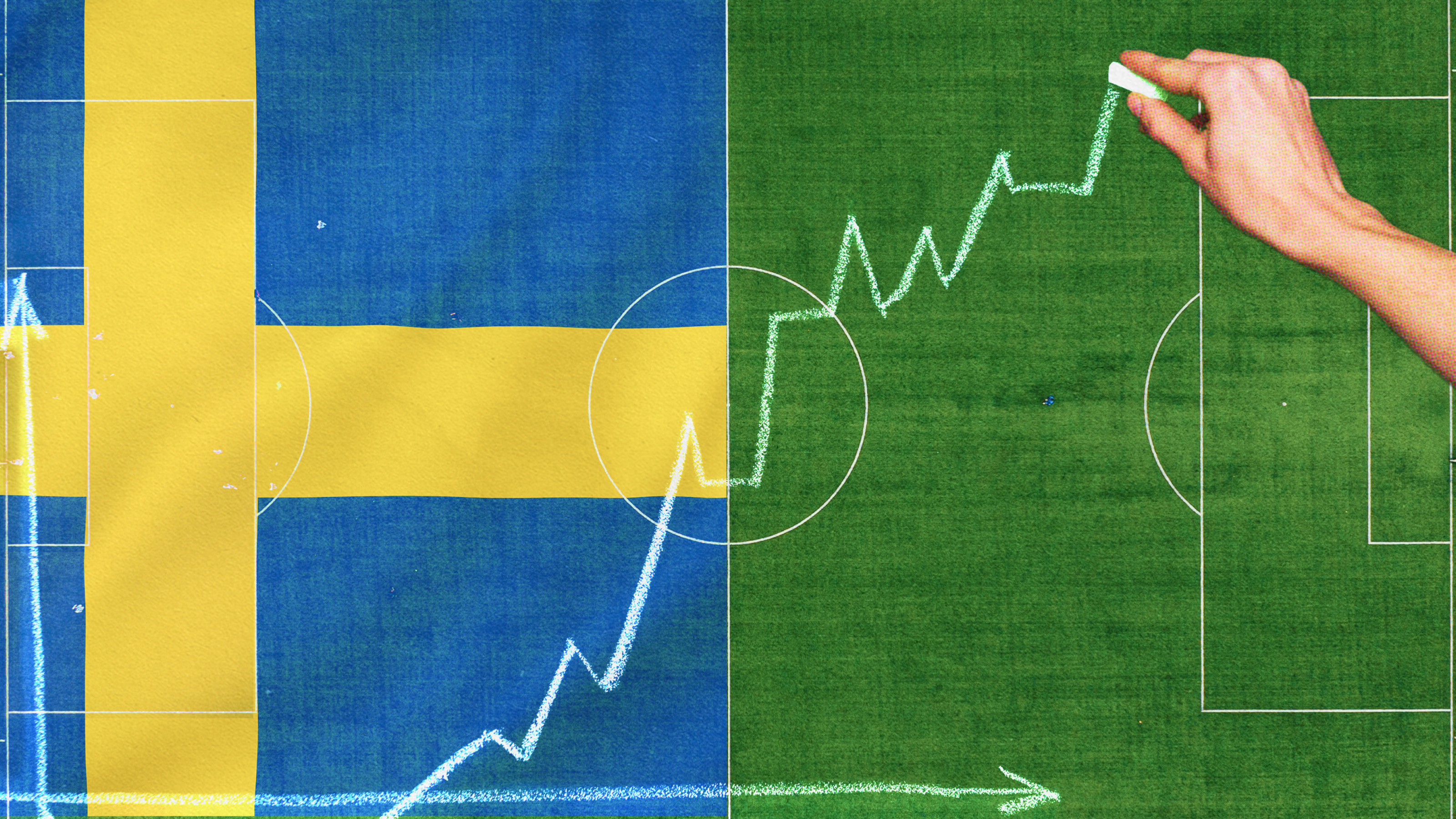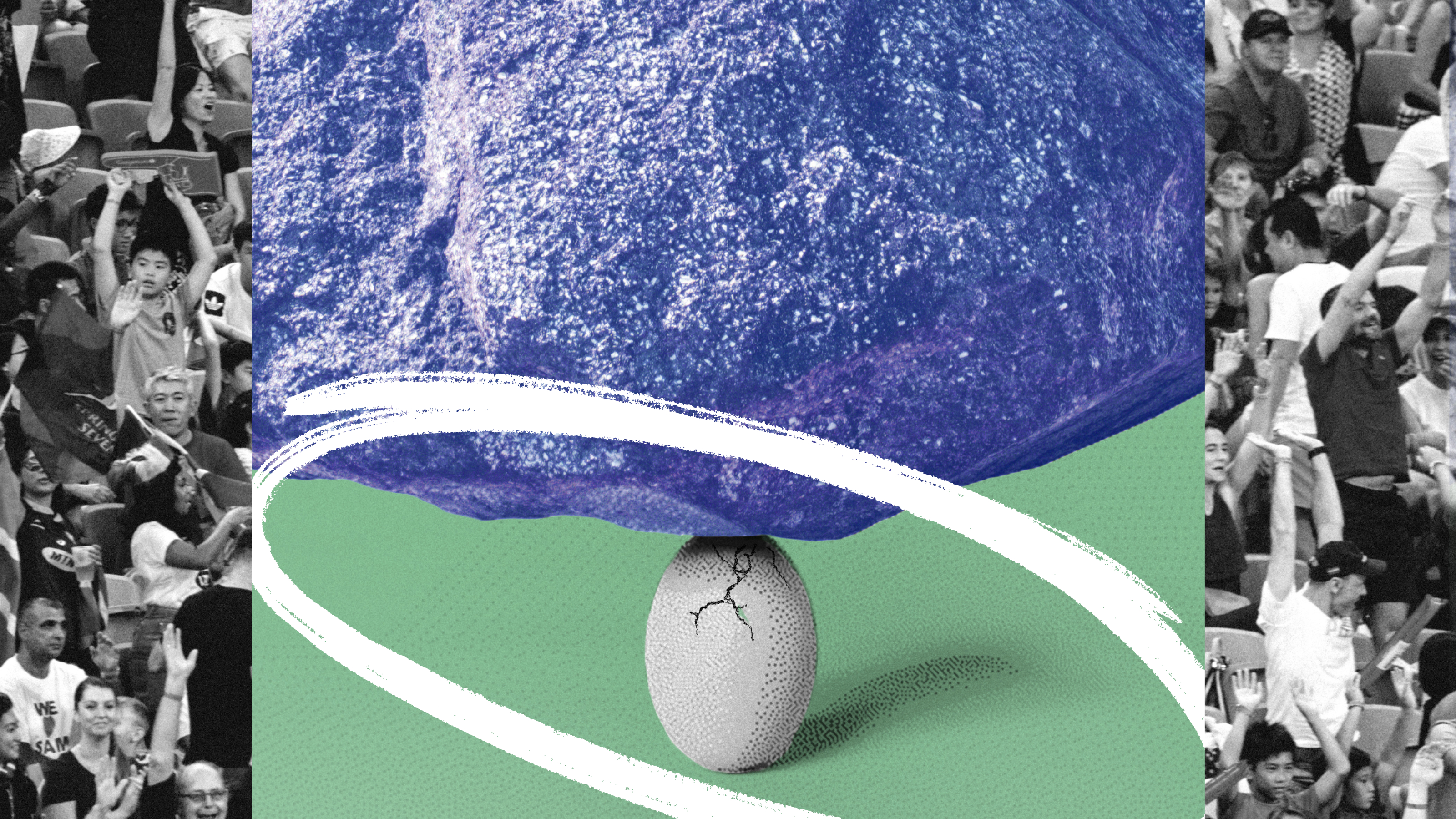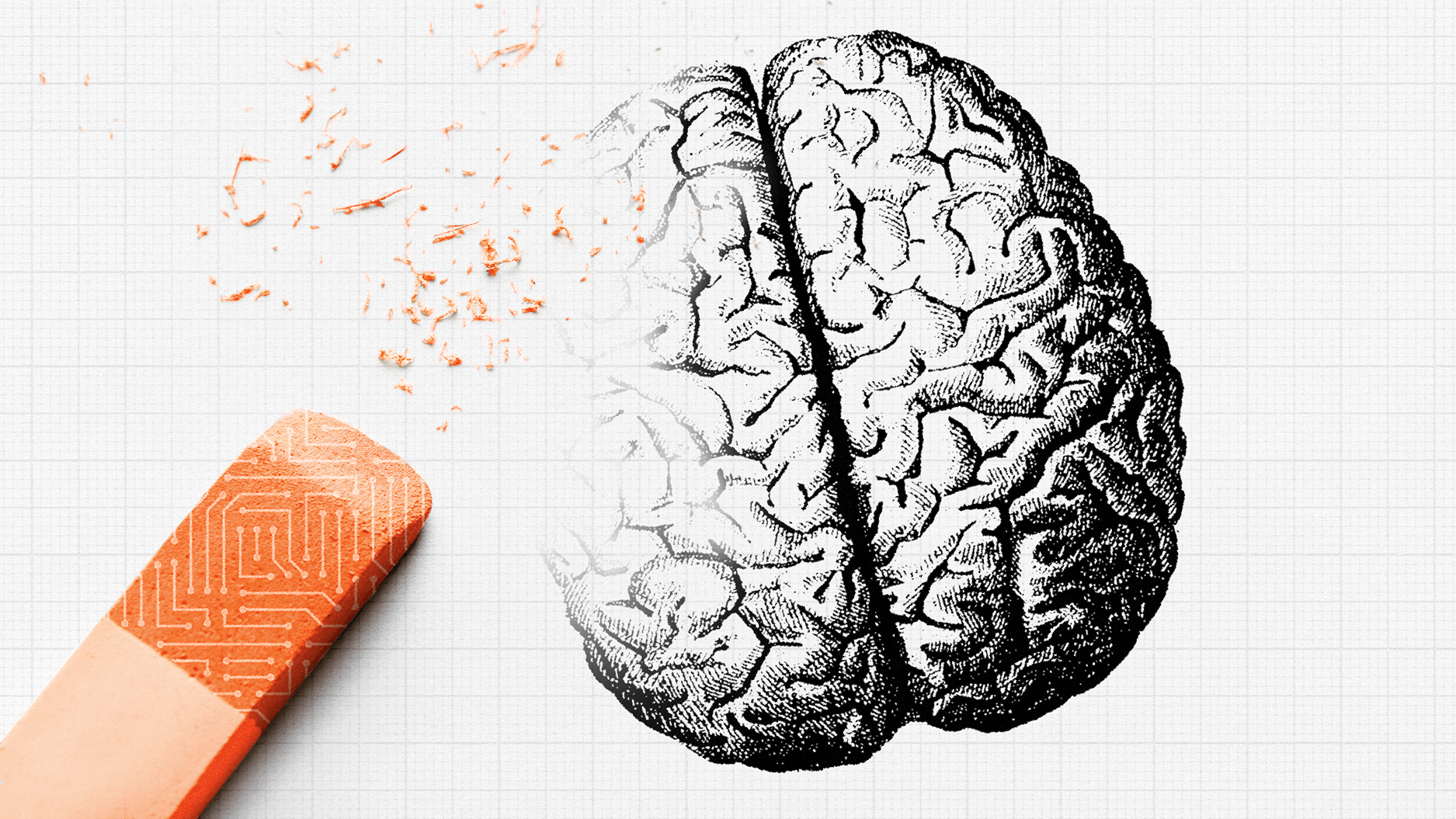psychology
Neuroscientist Anne-Laure Le Cunff on how to spot and break free from cognitive scripts that limit personal growth.
You got your promotion — but managing the pressure inherent to your elevated role is now a crucial part of your job.
When plans fall apart, adaptability can build something better.
Big Think spoke with author and psychiatrist Elias Dakwar about addiction, rock bottom, and the moment you realize your compass is broken.
Reality TV created Donald Trump. But who created reality TV?
A re-evaluation of how we perceive introverts in leadership is long overdue. Here are the compelling reasons why.
Be more like Goldilocks.
Welcome to The Nightcrawler — a weekly newsletter from Eric Markowitz covering tech, innovation, and long-term thinking.
The more you know, the better you can act.
Magicians use “change blindness” to delight audiences — and you can use it to become an excellent colleague.
Delirium is one of the most perplexing deathbed phenomena, exposing the gap between our cultural ideals of dying words and the reality of a disoriented mind.
Ethan Kross, psychologist and author of “Shift,” explains how negative emotions help us live safely and well.
What we can all learn about the journey from sporting arena to workplace — and how Aristotle can guide our thinking.
Performance psychology reveals the mental techniques elite athletes use to build and maintain their confidence.
Stockholm has been called a “unicorn factory” for its success with new businesses. A unique connection with sports philosophy helps explain why.
Professional sport is a hotbed of “performance anxiety” — and to start managing pressure in all settings, we need to properly define it.
Embedding any leadership philosophy in sports demands a selective and multi-disciplinary approach.
Former sports agent Molly Fletcher translates the discipline of great athletes into a framework for achievement in any field.
Tennis pro Mardy Fish and Spanx founder Sara Blakely both turned failure into their greatest asset.
Sahil Bloom explores why wealth isn’t just about money, but about knowing which type of wealth matters most in each season of life.
“Ultimately, the choice rests with each individual: whether to take the convenient route of allowing AI to handle our critical thinking, or to preserve this essential cognitive process for ourselves.”
People who’ve never been partnered tend to be less extraverted, less conscientious, and more neurotic.
Sunita Sah hopes that by redefining defiance, we can build societies that allow people to live more authentic lives.
New research is uncovering why we eat first with our expectations.
From King Midas to Gordon Gekko, humanity has struggled to grasp greed’s true nature.
Welcome to The Nightcrawler — a weekly newsletter from Eric Markowitz covering tech, innovation, and long-term thinking.
Can we learn to always look on the bright side of life?
“Okay, dad, but GMOs help feed the world.”
Welcome to The Nightcrawler — a weekly newsletter from Eric Markowitz covering tech, innovation, and long-term thinking.
The biases that shape our understanding of the mind.



